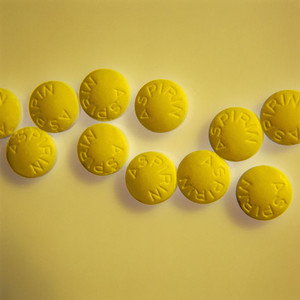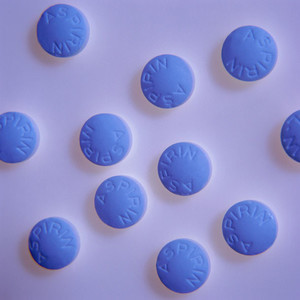The process of divesting Ratiopharm, the world's fourth-largest generic drugmaker, owned by the conglomerate formerly run by German billionaire Mr Adolf Merckle who committed suicide at the start of the 2009 is underway.
Many potential buyers as sale of Ratiopharm begins
Generics/News
|
Posted 19/10/2009
 0
Post your comment
0
Post your comment

VEM Vermoegensverwaltung, the investment arm of the Merckle family, says that a “structured sales process” has started and while the trustees of the sale have noted that they would prefer to divest the business as a whole, parts could be sold if it provides “better prospects”.
Mr Hans-Joachim Ziems, Managing Director of VEM, who is handling the sales process along with trustee Martin Stockhausen, issued a statement saying that “the high number of interested parties in such an early stage highlights the attractiveness of the Ratiopharm group”. The sale is expected to be completed in the first quarter of 2010 because of the “complexity” of the deal and the “high number” of potential buyers, VEM said.
Initially, strategic and financial investors will be given basic information on the Ratiopharm sale, and more specific documents will be sent out at the beginning of next month. The sale is expected to raise around Euros 3 billion, and the usual suspects – Mylan, Novartis and Teva and – as well as other companies who have stated their desire to grow in the generics market, such as GlaxoSmithKline, Pfizer and sanofi-aventis.
Before he took his own life by jumping in front of a train, Mr Merckle and the VEM investment group had been negotiating with a consortium of lenders in a bid to save the 120-firm business empire. The problems for the group principally stem from a bad bet in 2008 on Volkswagen shares which reportedly cost the financier some Euros 400 million, plus debts from its HeidelbergCement operation.
A bridging loan was secured with about 30 banks, but one of the conditions was that Ratiopharm would be sold.
References:
PharmaTimes 18 September 2009. High number of potential buyers as sale of Ratiopharm begins.
Source: PharmaTimes
Research
Japan’s drug shortage crisis: challenges and policy solutions
Saudi FDA drug approvals and GMP inspections: trend analysis
The best selling biotechnology drugs of 2008: the next biosimilars targets










Post your comment